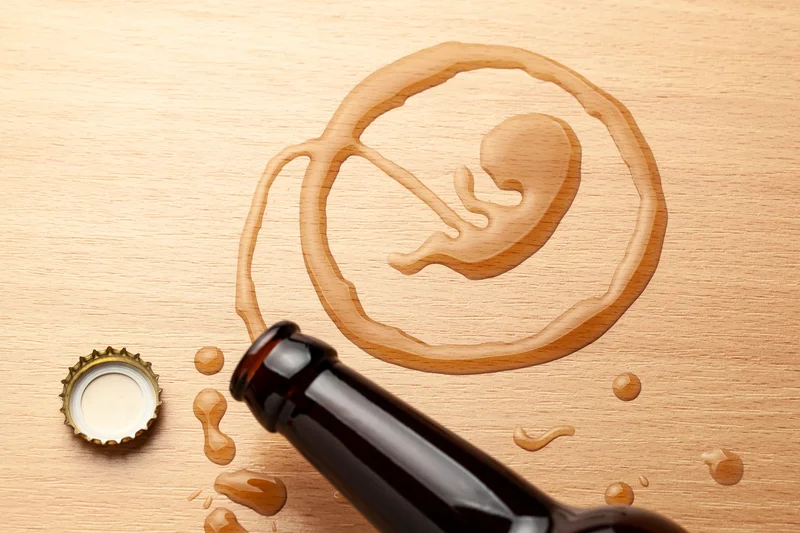Ketamine National Institute on Drug Abuse NIDA

Chronic use results in long-term cognitive impairments and bladder damage, leading to significant health complications. Socially, ketamine addiction disrupts relationships and causes financial problems due to the need for increasing doses. As Gold (2024) points out, over 3 million Americans aged reported lifetime ketamine use by 2015, reflecting the growing scale of this problem. Ketamine is defined as a dissociative anesthetic due to its sedating effects, which produce an out-of-body experience where users feels detached from themselves and their surroundings. Ketamine also distorts the user’s perceptions of sight and sound and can make it difficult to move. At extremely high doses, users have reported feeling as if a “near-death experience” is happening.
People compare cost of making GTA 6 versus the tallest building in the world and reveal shocking truth
For more information on getting help with ketamine drug abuse, browse our website to find a treatment center to contact today. Ketamine has been used in clinical trials to help treat people with cocaine and alcohol addiction. If you or a loved one are battling substance abuse, there are a range of treatment services that may help you reach long-term recovery. There are many factors that may contribute to ketamine tolerance including how much ketamine is used, frequency of use, and other drugs ingested.
The long-term effects of ketamine

On top of the direct physiological effects, the drug can also impact the user’s overall wellbeing, particularly disrupting relationships, employment, and daily functioning. Due https://ecosoberhouse.com/ to the toxicity and organ dysfunction that can come with prolonged ketamine use, there are also concerns around impacts to liver and kidney function. “This can cause intense pain, urinary frequency, incontinence, and, in some cases, permanent damage requiring surgical intervention,” the doctor said. Among the most well-documented consequences of excessive ketamine use is ‘severe’ damage to the bladder, which is known as ketamine-induced cystitis.
How tolerance and dependence lead to addiction

A recent systematic review showed that there were not enough data on ketamine use in patients with refractory severe asthma exacerbations 55. While medical professionals follow strict safeguards, such as monitoring dosage and frequency of administration, ketamine’s effects on the brain’s reward system still make some patients vulnerable to psychological dependence. Ketamine addiction is the compulsive use of the drug despite harmful consequences, such as damaged relationships, health problems, and neglect of responsibilities.
Long-term ketamine users may develop a craving for the drug, leading to dependence and addiction. The risk for overdose is high for recreational users, especially as they develop a tolerance and begin increasing their dosage. Problems with memory loss may also cause users to forget how much they’ve taken, so they take more than they should. Combining ketamine with alcohol and other substances that increase the sedative effects can also lead to a fatal overdose. One of the prime candidates for ketamine anesthesia is critical care patients with cardiorespiratory disorders. A bolus injection which contained ketamine (1 mg/kg) and dexmedetomidine (1 mg/kg) was superior compared to a midazolam–ketamine combination in pediatric patients 64,65.

Phone, Video, or Live-Chat Support
The study, led by the University of Exeter and University College London (UCL), is the largest to date to explore the experience of people currently living with ketamine addiction in-depth. In the long term, continued ketamine use can alter numerous functions in the brain, including memory, cognition, and reaction time. In fact, some users experience ongoing behavioural abnormalities as a result of their addiction, with others losing contact with reality even when they are not using the drug, which can lead to psychosis-like symptoms emerging. While you might not think that your drug use is a cause for concern, there is no ‘correct’ dosage for ketamine and any recreational use of the substance should be a cause for concern. This is because ketamine is illegal and has the potential to be highly dangerous if not administered by a medical professional.
Ketamine Slang Terms
They used Ketamine Psychedelic Therapy (KPT) on over 1,000 people suffering from alcohol use disorder (AUD) with no adverse effects. Behavioral therapy may help individuals recognize the reasons they abuse ketamine and find safer ways to have fun or relieve stress. Ketamine abuse is linked to serious side effects, but therapeutic use of the drug is considered safe. Ketamine is a powerful dissociative drug that can have severe side effects, both short and long-term. Taking too much ketamine can increase your tolerance for it, making you need more of it to feel the same effects. This can lead to ketamine dependence which makes your body need the drug to function normally.
- Like other substance abuse treatments, behavioral therapies and support groups may provide further treatment assistance for ketamine addiction.
- However, due to its properties, dose- and duration-related neurological and peripheral adverse effects are usually reported.
- Lastly, an increased risk of seizure development is seen in patients administered with theophylline.
- Ulcerative cystitis which is ketamine-induced can have severe and potentially long-lasting effects on ketamine users.
- Ketamine addiction refers to a condition where individuals become reliant on the drug’s dissociative effects, continuing to use it even when it causes harm.
In recent years, ketamine has become increasingly popular as a “club drug”, and is usually used at raves in powder or liquid form. People who use ketamine recreationally will typically take the drug orally in pill form, or snorted in drug addiction its white powder form. One of the most effective ways to administer ketamine in a medical setting is through intravenous (IV) infusion. This leaves plenty of room for excessive amounts of ketamine to be taken, amounts which can lead to an overdose. Likewise, snorting and injecting ketamine are common ways to consume ketamine, so this permits quick entry into the bloodstream. Because ketamine is consumed in liquid and powder form, or mixed in these forms with other stimulants—there is a high chance that a person using this drug has little to no idea of how much is being consumed.
- The choice of treatment depends on the pathological condition and is effective for diseases such as depression, bipolar disorder, epilepsy, asthma and heroin and alcohol addiction.
- Quitting ketamine alone and abruptly (going ‘cold turkey’) can be dangerous as you may experience seizures, hallucinations, severe anxiety or suicidal thoughts.
- By following your doctor’s instructions carefully and avoiding any misuse of ketamine, you can benefit from this medication without the risk of addiction.

Enter your number below and one of the members of our admissions team will call you back shortly. If you feel that any of our content is inaccurate, out-of-date, or otherwise questionable, please contact at All Addiction Resource content is medically reviewed or fact checked to ensure as much factual accuracy as possible. Ketamine can also ketamine addiction be used by combining powdered ketamine with marijuana joints or tobacco cigarettes for smoking.